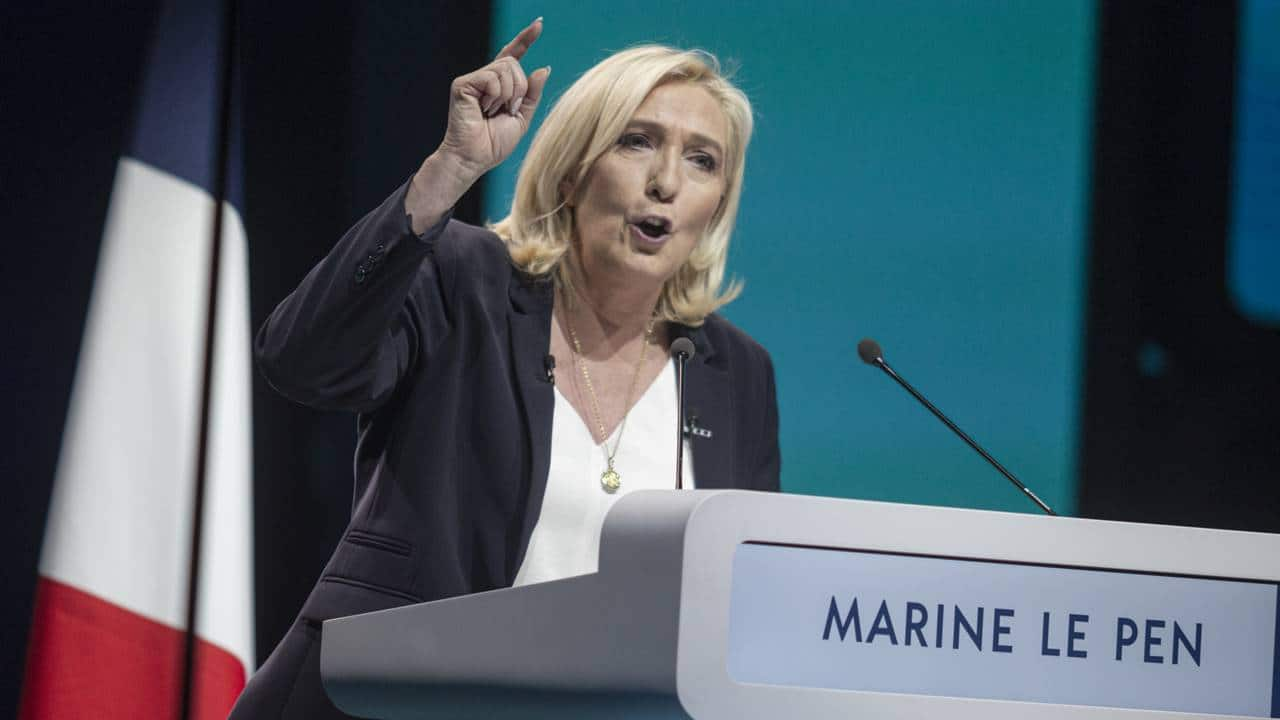Netherlands
Income tax cuts, property tax hikes: what the 2023 budget means

The Dutch government submitted its spending plan for 2023 to parliament on Tuesday. The main measures are as follows.
government finance
- The fiscal deficit will rise to 3% of GDP, well within the official EU limit.
- National debt remains at 49.5% of GDP, well within EU standards.
taxes and income
- Income tax on income up to EUR 73,071 is reduced by 0.14% to 36.93%.
- The income tax cut, combined with an increase in other tax cuts for working people, will boost average annual income by €500, while self-employed earning more than €70,000 a year will suffer slightly.
- Savings up to €57,000 are exempt from property tax. This is up from his €50,000 in 2021.
- Property taxes will increase from 31% to 34% over the next three years. This is based on an estimated increase in its value. Savings is now 0.01% and investments and wealth is 5.53%.
- The tax relief for freelancers (zelfstandigenaftrek) will be reduced to €5,030 in 2023 and will be reduced in stages to €900 by 2027.
Other taxes
- The flight tax will be increased by €8 per passenger to €26 per departure flight.
- Transfer tax will be increased to 10.4% for the purchase of real estate as an investment.
- Cigarette prices will rise by more than €1 to around €9 and will exceed €10 in 2024.
- The soft drink tax will go up by 11 cents.
- VAT on solar panels will be reduced to zero.
Social security
- Minimum wage, national pension, etc. to rise by 10% from January
- The housing allowance will be increased by €16.94 per month and the more than 500,000 low-income tenants living on the Housing Authority’s premises will be eligible for rent reductions of up to €57 per month.
- Medical benefits will increase by up to 43 euros to 134 euros per month.
- Childcare benefits will also rise to reach 96% of costs by 2025.
energy
- Electricity price caps will apply until the end of next year, limiting monthly bills to €290 or less for most households.
- The government has set aside 50 million euros in a fund to help those who cannot pay their energy bills. Low-income households (up to 120% of the minimum wage) are entitled to up to €1,300 in additional support for utilities paid by the local government.
- Gasoline and diesel tax cuts (17 cents less per liter gasoline and 11 cents less diesel) will be extended until July 2023.
- On top of the €4 billion previously set aside, a further €300 million has been allocated to make homes more energy efficient.
industry
- The profit tax will be increased from 15% to 19% and the profit tax threshold will be reduced from €395,000 to €200,000.
- The “mining” tax paid by gas and oil companies will be increased to help pay for the energy bill measures.
- €145 million has been set aside to promote the development of the Dutch hydrogen industry, €180 million for offshore wind farms and €200 million for district heating schemes.
- Vehicles covered by the company car scheme must be fully electric from 2025.
education
- €1 billion will be allocated to combat ‘inequality of opportunity’ and €1 billion will be used to improve the quality of education.
- Students living away from home are entitled to receive an additional EUR 165 next year on top of the basic student stipend.
- €1 billion has been reserved as compensation for students who were ineligible for student grants during the discontinued seven years.
Health care
- Health insurance costs will rise by about €11 per month, bringing the average premium to €137 per month, although the exact amount of increase depends on the health insurer.
- Overall spending on healthcare will increase by €6.0 billion to €105.9 billion, mainly due to higher salaries.
other
- Members of the royal family will receive an additional €450,000 in income and personnel costs, bringing official payments to the King, Queen and others to €50.1 million.
- €3.9 billion will go to Ukraine, of which €2.6 billion will go to refugees
- A further €1 billion has been allocated to pay for refugee accommodation until 2027.
- €100 million will be used to prevent “vulnerable” youth from turning to crime, and the same amount will be used to prevent drug crime, with a particular focus on ports and airports.
- The Defense Ministry’s budget will increase by €5 billion annually to reach the NATO standard of 2% of GDP.
- €5.2 billion has been allocated to stop the spread of the coronavirus.
but read more DutchNews.nl:
https://www.thehagueonline.com/news/2022/09/22/income-tax-down-asset-tax-up-what-the-2023-budget-means-for-you Income tax cuts, property tax hikes: what the 2023 budget means





